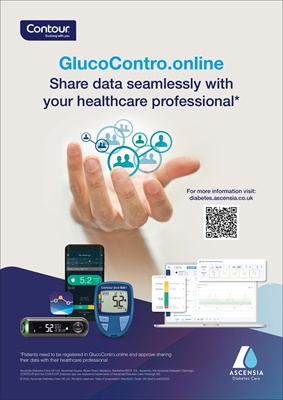
17
LIVING
Matters of ethics
Trials are subject to rigorous
approval processes and require
regulated authorisation to proceed
involving a strict process that the
researchers must adhere to when
setting up and running the trial,
from the ideas stage through to
funding, ethics committee approval,
recruitment of patients and
eligibility, delivery of treatment and
results analysis.
There are ethics discussions and
parameters for all trials and all
institutions that undertake them and
most notably new regulations for
running clinical trials in the UK have
recently been signed into law and
the biggest regulatory shake up for
two decades.
"New regulations for running
clinical trials in the UK have now
been signed into law. A 12-month
roll-out began in April 2025 to
deliver the most significant update
to UK clinical trials regulation
in two decades - with the aim
of strengthening patient safety,
accelerating approvals, enabling
innovation and helping more people
benefit from taking part in vital
research. First laid in Parliament
in December 2024, the updated
regulations are designed to put
participants firmly at the centre of
how trials are run, while supporting
a faster, more streamlined approvals,
making it easier to test new
treatments in the UK. The MHRA
is committed to implementing
a flexible and risk-proportionate
regulation of clinical trials, which
accelerates patient access to
potentially life-saving medicines
without compromising safety."
For more information, click HERE.
What is involved?
In brief, all trials are different, and
many are run at several different
hospitals, people wishing to take part
can ask their GP for a referral.
For a clinical trial to proceed it
is mandatory to go through a
robust approvals and authorisation
process before patient recruitment
can take place and the trial can
commence. Briefly researchers and/
or doctors write a detailed plan for
the trial which is called a protocol
and requires review from peers
not involved in the trial. After a
satisfactory peer review funding is
sought to run the trial and the plan
submitted for ethics committee
approval after which hospitals that
wish to participate are required to
gain internal approval from their
NHS Research and Development
department. Once approval has been
given, hospital staff involved in the
trial will be trained after which the
patient recruitment can begin. To
find out more click HERE.
EDITOR'S COMMENT
I have taken part on one trial. I had to stay overnight in a special lab
on a hospital site and have my blood glucose tested the old-fashioned
blood testing way every 30 minutes through the night, while wearing
an insulin pump set to 'suspend when low'. The irony is that they tell
you to try to sleep while pricking your finger every half an hour. But
that is a small price to pay to add to the sum of human knowledge
when it comes to assessing how things work, and indeed if they work.
I thought it was worth it. - Sue Marshall Further resources
Some of the links below may be both useful and an interesting
read if you want to find out more about lived experience, current
trials, opportunities to get involved and more information about
the organisation of clinical trials. These are not all necessarily to do
with diabetes, but serve as examples.
Lived experience
• To read about Ruby's experience about taking part in an
immunotherapy trial on Diabetes UK's website, click HERE.
• To read about Miles's story about taking part in Type 1 diabetes
research The National Institute for Health and Care Research
(NIHR) Research Delivery Network (RDN), click HERE.
• To read about Pauline's story taking part in research at North
Bristol NHS Trust, click HERE.
• To read some patient insight stories about diabetes research
from NHS Imperial College Health Partners, click HERE.